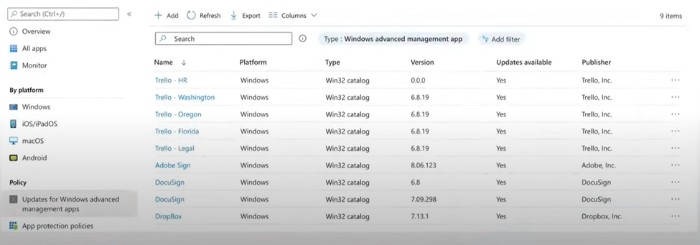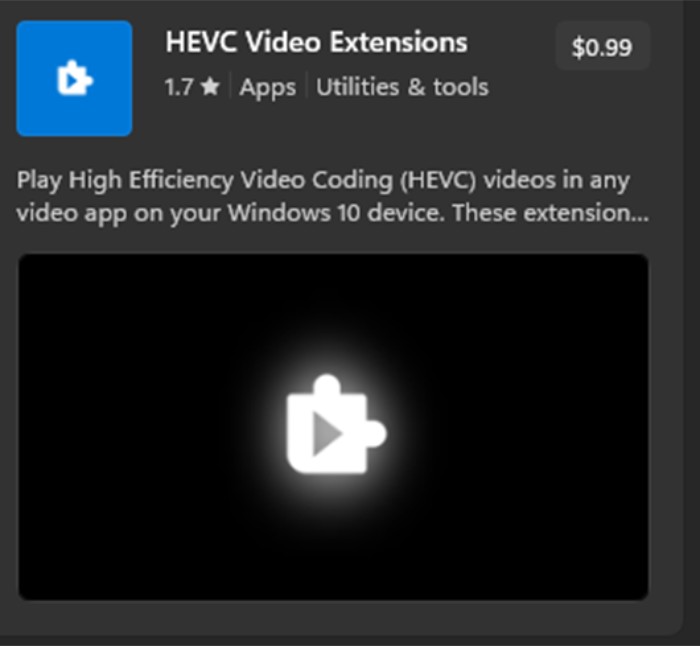Reviewing Microsoft’s Third-Party Patching Solutions for Intune

OAmidst eccentric screen setups and unconventional keyboards, there’s an unexplained influx of rubber ducks. Yet, our passion for applications takes precedence, driven by the realization that this is the very essence of our customers’ obsession. For businesses, the focus is on applications that propel their operations forward, making their hardware, infrastructure, or operating systems secondary. The effectiveness of management tools is gauged by their ability to deliver necessary apps promptly.
Microsoft’s Intune Solution: A Closer Look
Intune, Microsoft’s cloud-based endpoint management solution, is globally utilized for deploying applications to devices. Recent announcements and enhancements have been made by Microsoft to facilitate third-party app management through Intune, and in this blog post, we delve into the details.
Opening Doors for Win32 Apps: Microsoft Store Evolution
Microsoft’s initial Windows Store primarily catered to Universal Windows Platform (UWP) apps, neglecting Win32 apps. However, in May 2022, Microsoft lifted this global restriction, allowing software providers to freely publish their MSI or EXE installers on the Store. This move widens the scope and potential of the Microsoft Store.
Farewell to Store for Business and Education
To maintain business control over the Microsoft Store, organizations turned to Microsoft Store for Business (MSfB) or Microsoft Store for Education (MSfE). However, in July 2021, Microsoft announced the discontinuation of these stores, with full integration into Intune ending by September 15, 2023.
Integrating Intune with Windows Package Manager (Winget)
Microsoft introduced Windows Package Manager (WPM) in 2020, which includes the command-line tool Winget. This tool interacts with various repositories, and Microsoft’s recent announcement reveals the integration of Intune with Windows Package Manager, allowing the distribution of Microsoft Store apps through the official repository.
Key Limitations to Consider

Reviewing Microsoft’s Third-Party Patching Solutions for Intune
While these advancements are promising, certain limitations require consideration. The inability to control app versions and updates post-deployment in Microsoft Store apps via Intune raises concerns. Additionally, the integration with Windows Package Manager does not encompass age-restricted or paid Store apps, affecting search results.
Intune Suite: Advanced App Management
Microsoft is actively developing its third-party patching service within the Intune Suite. This service, based on the Business App Catalog, integrates directly into Intune, providing enhanced Win32 app features. Notably, the initial release does not support automatic app updates but introduces a dedicated section within Intune for managing updates.
Closing Thoughts: Embracing Competition
In conclusion, Microsoft’s recent strides in this arena may not pique our interest, but we welcome the emergence of new competition. At Patch My PC, we pride ourselves on offering the most comprehensive and customizable automation solution for third-party apps, ensuring simplicity and efficacy in business app management. Our commitment is to deliver unparalleled solutions at an affordable price, backed by exceptional support. While some may view us as unconventional, we see it as a winning strategy.


